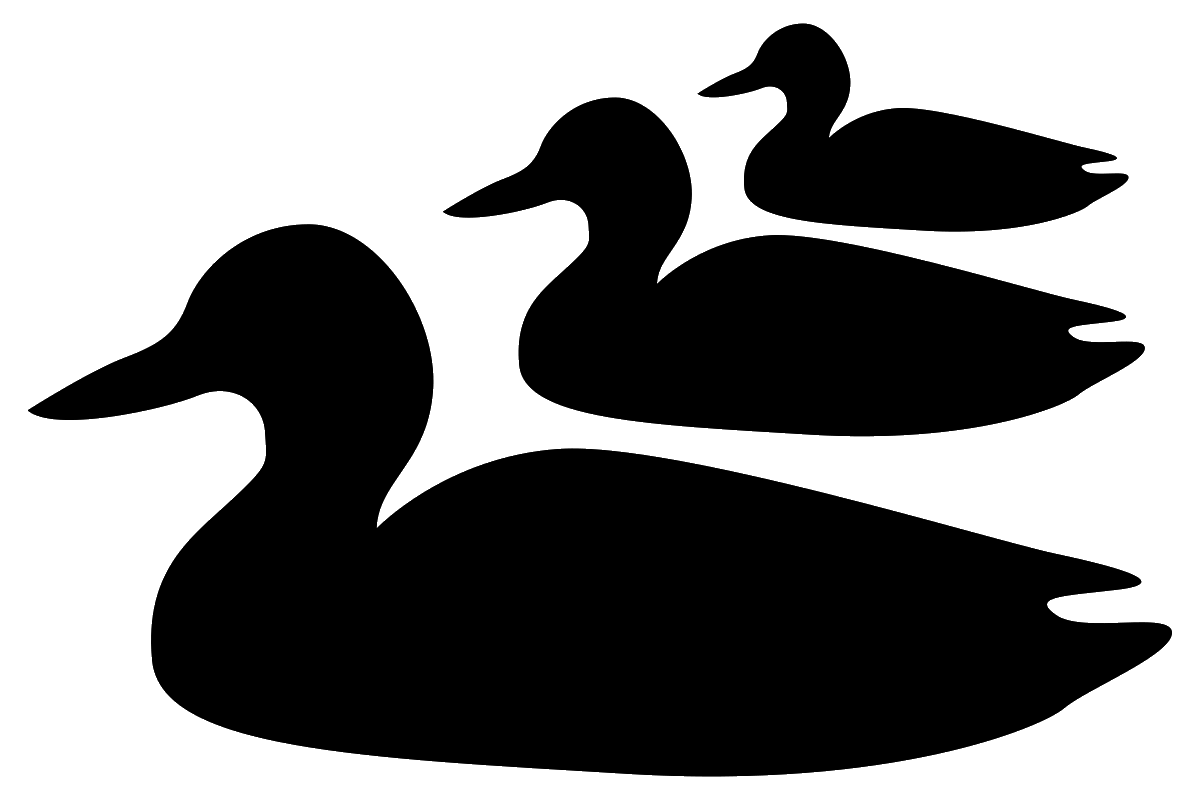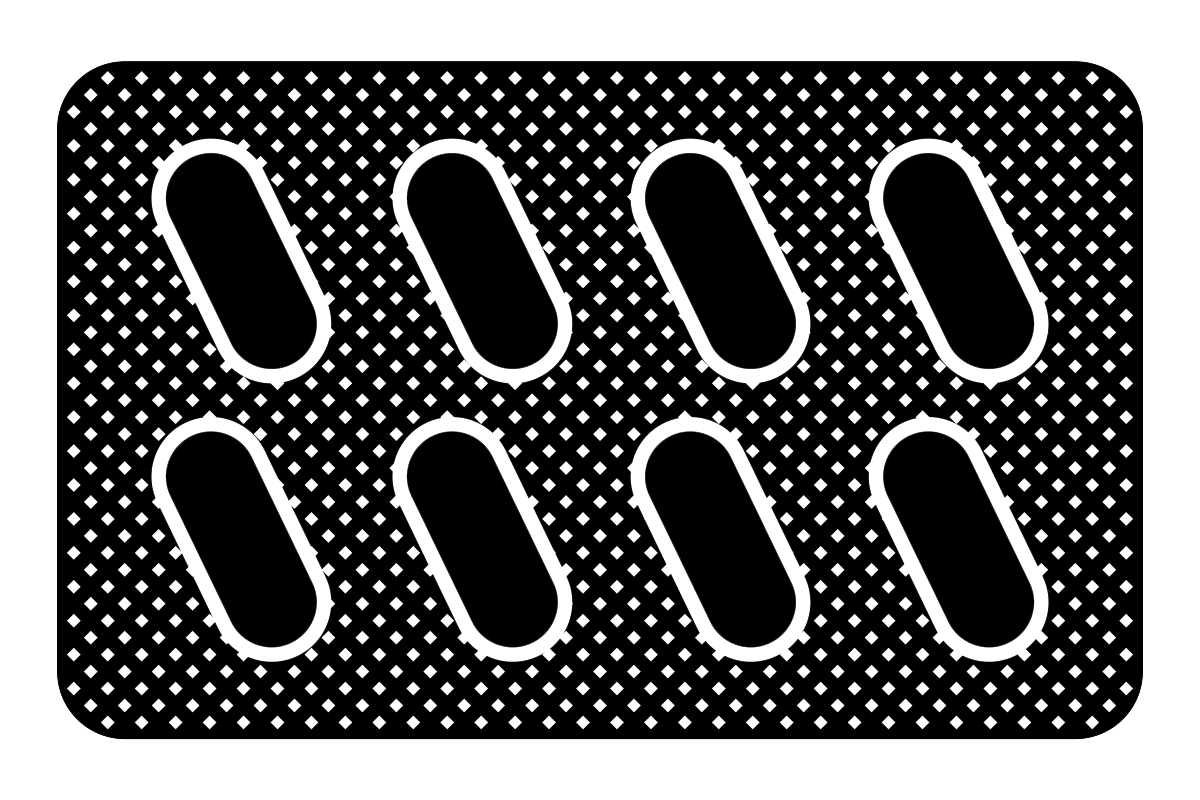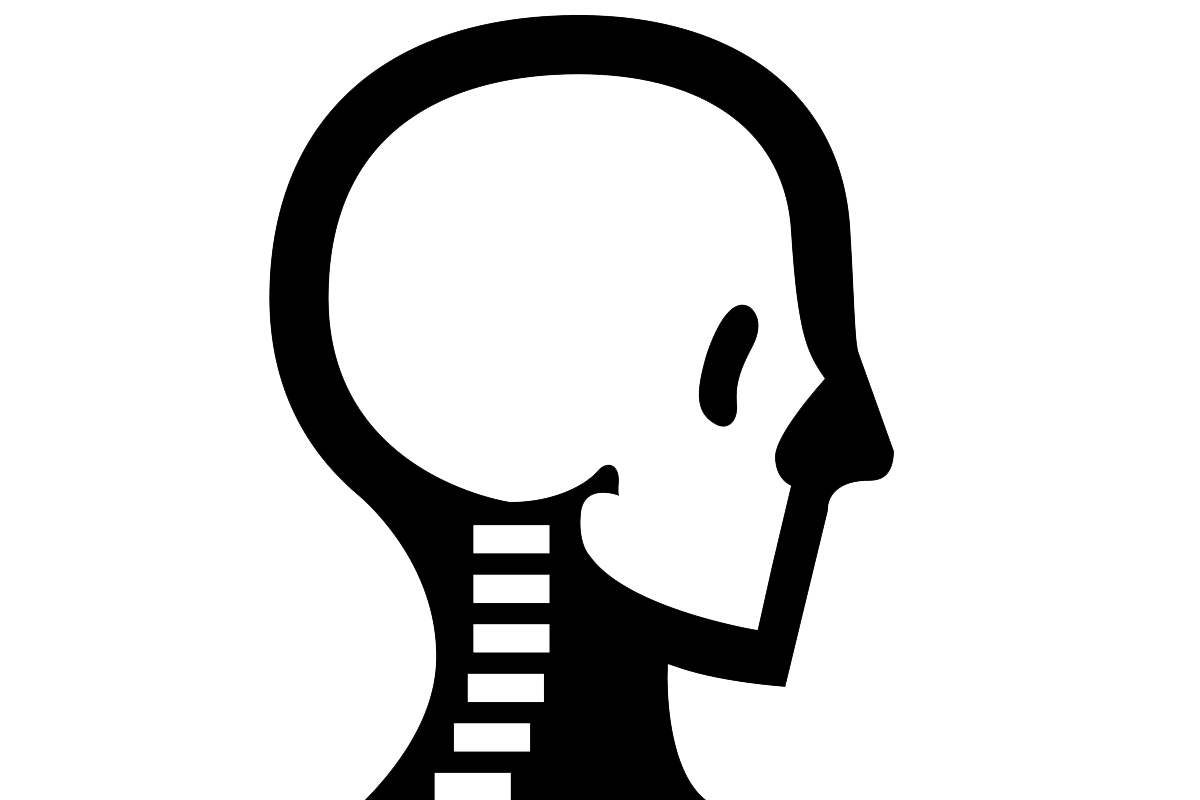Connecticut & Other Poems

CONNECTICUT
There was something I was apologizing for.
I couldn’t be sure the thing
had actually occurred.
Weekly, my apology. Weeks
becoming years. The apology became
rehearsed—was only ever
worse. Memory eroded. I reversed.
I revised. Recklessly, I improvised—
each stupid, weak apology
erodes the last,
the first. I’d never once apologized.
This mouth. This empty earth.
A FUTURE
I don’t know what you know.
I live alone in a sublet
at the bottom of the park.
I go to watch the ducks.
It was never marriage
that I valued, as such.
I thought it made the future
known, or nearly knowable—
Two good minds
applied to its imagining.
I know that I was happy
at the country deli,
firm in our opinions
on Sam’s dating life.
The man didn’t know himself!
It was a perfect sandwich.
We’d walked there
in our matching shoes.
So much of what we knew then
was collaboratively gathered.
It’s difficult not to blame
the move, Connecticut.
Our separate days
brought separate facts.
My feet black from the carpet.
Evidence of mice along the stove.
Then there was new knowledge
about me, it seemed
that I could not corroborate.
If I could tolerate being ignored
then we wouldn’t fight.
If I would voice my discontent
correctly.
I vinegared the counters
with a hopeful sense of penance.
Chris, if you should read this,
don’t imagine me the way you did.
I didn’t want the unknown.
I would know it.
A NEW YEAR
In the new apartment,
I felt a kind of horror, imagining a man
and his controlling stench.
It was a furnished sublet—
the furnishings reflective of the taste
of a woman just my age
who framed botanical prints.
Laundry in the basement. Super in 3K.
A saxophonist in 4A who practiced
with a competent restraint.
In 4F: a portly, silent dog.
The unseen person in 4C
snored through their alarm
for minutes every morning.
The man from 5C, balding
and alarmingly my age,
while waiting on a dryer
asked with some presumption
my plans for the High Holidays
then asked me to the park,
where a group of us invested with the spirit
of that of which we wanted to dispose
sticks and stones and threw them
in the lake. Bread is more traditional,
but harmful to the waterfowl.
The water should traditionally
flow. Still, it was symbolic of the symbol
and we were sincere.
The tenant in 4C, I couldn’t blame them
if they felt betrayed when I loudly started
dating—for betraying me
to management. A man gets an idea of you
and after that it’s difficult
to prove that you belong.
My belongings were in storage
in a unit up the coast. Nightly, I walked home
along the park’s perimeter.
The sea lions, enclosed,
barked like human geese.
Rachel Mannheimer was born and raised in Anchorage, Alaska, and lives in Brooklyn, New York. Her first book, Earth Room, was selected by Louise Glück as the inaugural winner of the Changes Book Prize and published in 2022. She works as an international literary scout and is also a contributing editor at The Yale Review.

